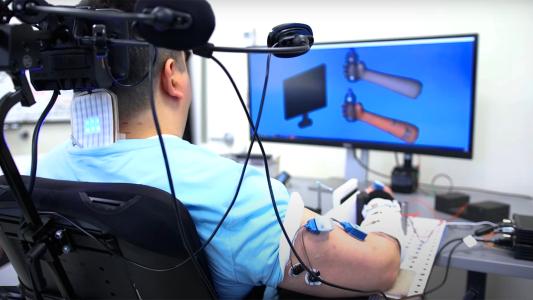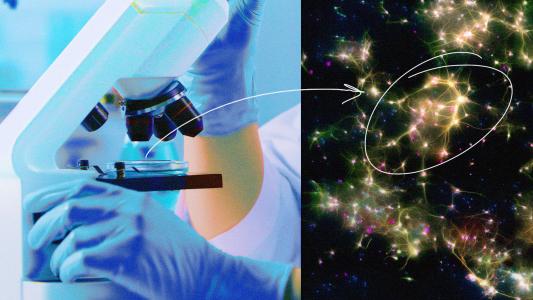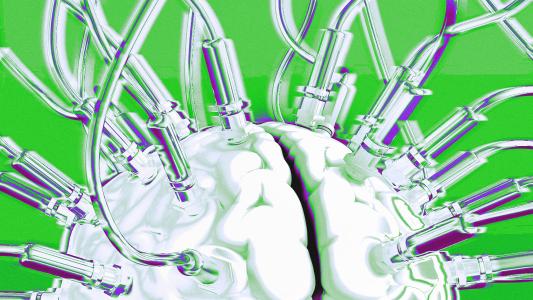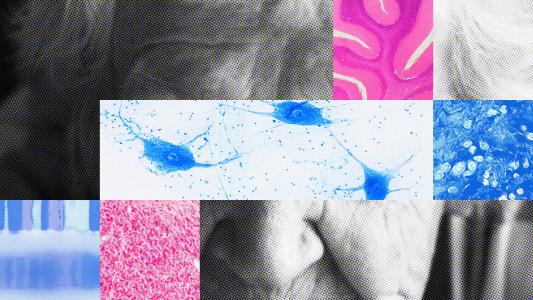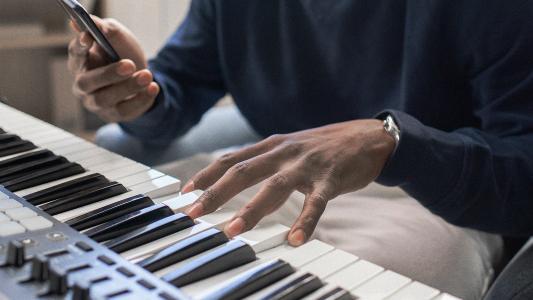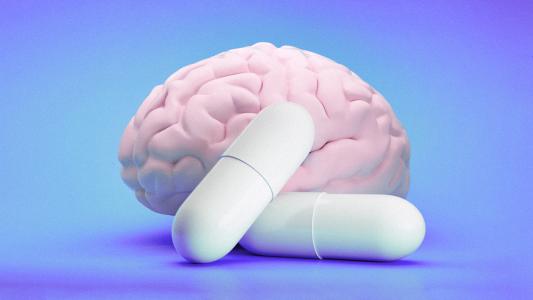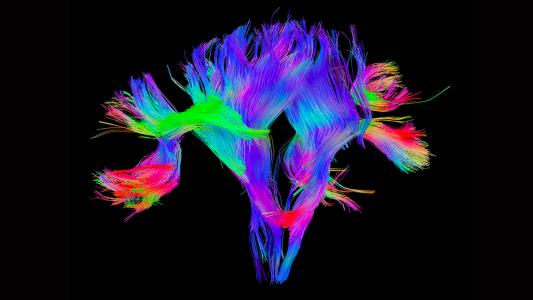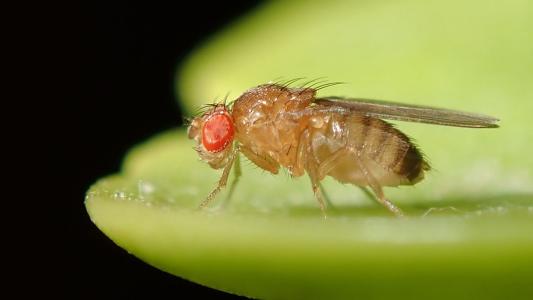Brain
AI-powered brain implant restores feeling, movement in man with paralysis
A first-of-its-kind AI-powered brain implant has restored movement and feeling in a New York man with quadriplegia since 2020.
Australian military is funding a computer chip merged with human brain cells
The Australian military is funding research into "organoid intelligence" that involves stimulating lab-grown mini-brains with electrodes.
Immune cells in the brain may reduce damage during seizures and promote recovery
Microglia perform many functions in the brain, and their role in seizures is unclear — a new study in mice aims to find out more.
Scientists monitored the brains of 4 dying patients. Here’s what they found
Researchers found a surge of neurophysiological activity in the dying human brain, including in regions associated with conscious processing.
Brain-computer interfaces could let soldiers control weapons with their thoughts
Brain-computer interfaces raise many ethical questions about how and whether they should be used for certain applications — including war.
Two CRISPR treatments for Alzheimer’s ace early studies
Two teams of researchers have used CRISPR to alter the genes of mice to alleviate signs of Alzheimer’s disease.
4 ways to promote neurogenesis in your brain
Research from the 1960s proves creating new neurons as adults is possible, and modern-day research explains how to promote it.
ADHD drugs could alleviate symptoms of Alzheimer’s
Scientists reviewed 40 years of clinical studies that assessed the effects of NA-targeting drugs, such as certain ADHD drugs, on Alzheimer’s.
Neuroscience research triggers revision of a leading theory of consciousness
A brain scanning study on unconsciously processed visual information disrupts a leading theory of consciousness: global workspace theory.
Could switching off a neural “death response” slow aging?
A sensory mechanism that governs how quickly flies age may also have a corollary in people.
